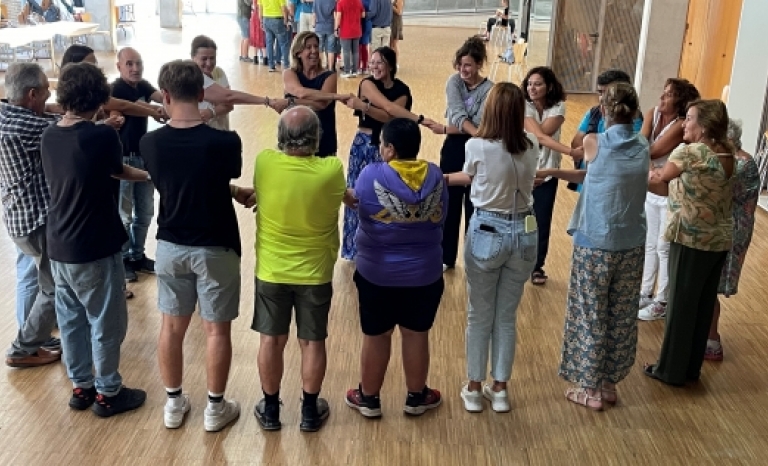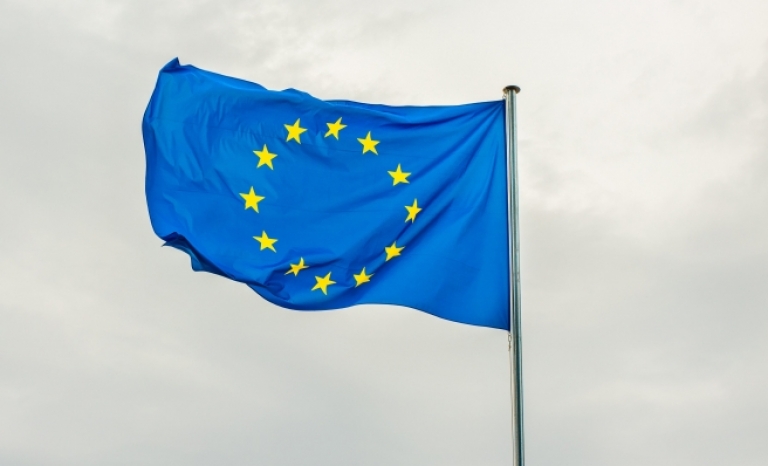One interesting feature of the UK’s C19 experience is how many citizens (and celebrities) are now choosing to give their time and money directly to the National Health Service - a universally popular institution, but predominately funded by Government.
'May you live in interesting times'.
I say this a lot. It's a useful phrase, applicable to lots of situations. I've never before bothered to check the source, but it doesn't really matter who said it first - it's universal.
The Covid-19 pandemic certainly qualifies as 'interesting times', affecting all areas of society profoundly, perhaps permanently. Yet the act of volunteering - the desire to come together and support each other in a crisis - is far from new.
In the UK we have a National Emergencies Partnership for these situations, bringing together government and emergency response charities. In recent times, the most significant response they faced was the Grenfell Tower fire in 2017.
What's new - and significant about C19 - is that faced with a contagious disease, traditional models of face-to-face, group volunteer mobilisation are suddenly obsolete. And as we move to organise as much as possible online, new problems are arising.
UK Volunteer mobilisation is needed on two levels
The first is for volunteers supporting the most isolated and vulnerable - mainly older people and those with serious health conditions. Government knows who they are and have engaged charities to help organise essential outreach services, delivering essential food, medicine and companionship. The public response to this need has been overwhelming.
What's more challenging is making sure it happens safely and effectively. There is a real risk that new volunteers will become disillusioned if they have to wait too long and, in our rush to bring through new volunteers, that we take shortcuts through essential safety and quality processes (background checks for volunteers, proper training) or ignore the volunteer's experience (and risk losing them altogether).
However, the second level of volunteering is arguably even more important - the unseen and unheard community need that charities serve every day - extremely vulnerable individuals not even on the Government's radar. Charities know that these communities will reach critical crisis points the longer the lockdown continues. Levels of poverty, neglect, abuse and disadvantage all soar as the economy and wider society shuts down.
We need to take a strategic lead here, moving faster than Government, to prevent this crisis in waiting from becoming uncontainable. So far, our Government has been slow to acknowledge this, and there is a real fear that many charities, heavily reliant on public donations and community fundraising will have to close their doors permanently as their main sources of income melt away.
What this means for how we give in a crisis
These are the key challenges currently faced in UK volunteering, but longer term, we need to understand that the public have increasing choice in where they give their time and money, beyond established charities.
One interesting feature of the UK’s C19 experience is how many citizens (and celebrities) are now choosing to give their time and money directly to the National Health Service - a universally popular institution, but predominately funded by Government.
This was already a key strategic question facing the UK charity sector, but Covid-19 has only accelerated it. Once this immediate crisis is over, the nature of giving in the UK may well have changed for good.
May you live in interesting times…












Add new comment